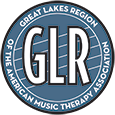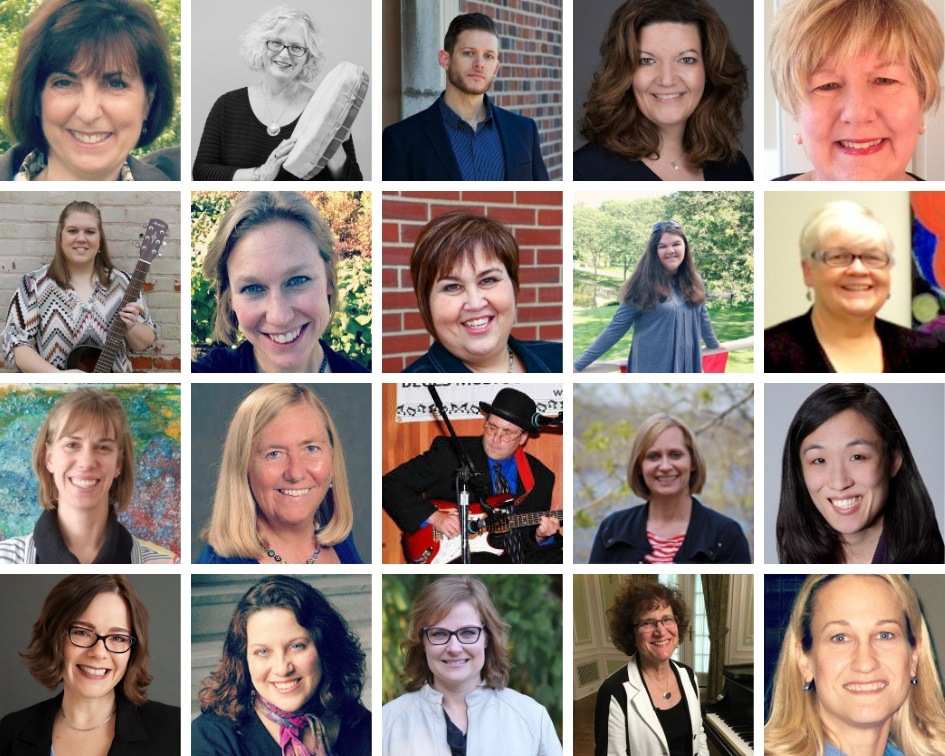What is the GLR-AMTA Mentoring Program?
It is a free program for GLR-AMTA members by members to support growth and development across a range of professional domain areas.
GLR-AMTA mentors are members who meet program criteria, including the completion of a 5 hour CMTE mentor training sponsored by the region.
Mentees are regional members who self-select a mentor through the process outlined on the GLR-AMTA website.
A GLR-AMTA mentor provides a mentee with a supportive ally from within the region who specializes in an area of interest to the mentee. The mentor provides a non-biased caring relationship, which supports personal and professional growth, leading to development in skill.

Mentor: One who holds another in the mind and acts mindfully on behalf of or in benefit of another.
Frequently Asked Questions
We hope you will find this program beneficial and helpful in your professional life.
Please contact us if you have any questions.

